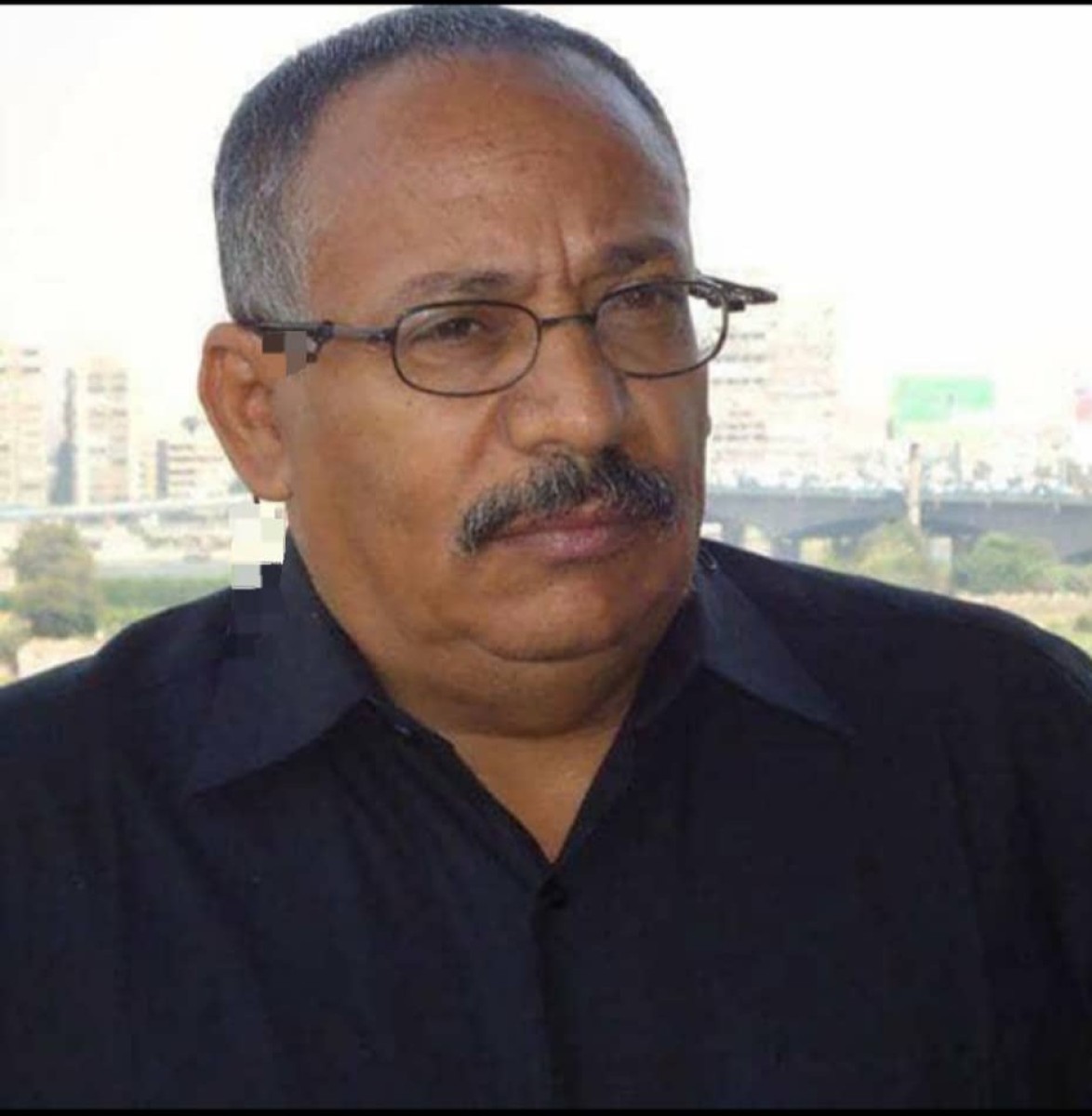Harmal: If America is serious about deterring the Houthi militias, there are 3 steps it must follow


The writer and political analyst Ahmed Harmal said that if the United States of America is really serious about deterring the Houthi militias, there are 3 steps that it must follow, and these steps are: closing Sana’a airport, closing the port of Hodeidah, and putting pressure on the Sultanate of Oman, through... Placing the Houthi militias with two options: either engaging within the framework of the peaceful political process and stopping provocative practices in the Red Sea, or expelling them from Oman and preventing them from practicing any political action, since the Sultanate of Oman is the only window for the Houthi militias to the world.
Harmal added: “The reasons for the delay in entering the decision to place the Houthis on the terrorist list until next month are due to American estimates regarding the war in Gaza, as it expects that the Gaza war will stop within a month, and therefore the period of one month was set for the militias to enter the terrorist list, meaning that stopping Shooting in Gaza will end the justification for the actions of the Houthi militias in the Red Sea, and thus the classification decision will be dropped on the pretext that the Houthis have stopped acts of piracy.
Harmal indicated in a statement he made to the media that the classification of the Houthi militias as a terrorist group is not new, as it had previously been classified by the Trump administration, and was written off by the Biden administration. So what is new, as the Houthi militias committed heinous crimes against the people no less heinous than the crimes of the occupation army?
He continued: The United States of America did not need to classify the Houthi militias nor to form an international coalition. UN Security Council Resolution No. 2016 gives them the right to intervene from the time of its issuance, but it did not do so. This resolution described the militias as coup plotters and spoke of handing over weapons and returning legitimacy to Sana’a. So what happened? The opposite. Since the Geneva 2 consultations, this description was canceled and legitimacy was imposed on the dialogue to be between the two sides of the conflict and not between legitimacy and a coup. Firstly, their delegation was named (the Sana’a delegation), and secondly, Saudi Arabia was placed on the blacklist, and the sale of weapons was prohibited. For her, and canceling arms deals with many European countries; A media war was launched against her with the aim of distorting her image in the field of human rights, and some international organizations demanded that she be tried on charges of committing war crimes.
He added: We must know that there is an undeclared agreement between the United States of America and the Houthi militias regarding partnership in combating terrorism. It began with the Houthi militia handing over a huge amount of documents related to terrorism, which they obtained when storming Al-Iman University and the First Armored Division, and this cooperation reached The joint action culminated in January 2017, with an American air landing on the village of Yakla in Al-Bayda Governorate, which lasted three hours, during which dozens of members suspected of belonging to Al-Qaeda were killed. This was done with intelligence information from the Houthi militias, so the United States rewarded them for its cooperative position by stopping the battle to liberate Hodeidah. Rather, it was fenced for them by the Stockholm Agreement.
Harmal concluded: The inclusion of the Houthi militias in the terrorist list served the militias and created a justification for them to stop any steps towards peace, and this is what they wanted, as well as the will of the United States to maintain a state of neither peace nor war, and for the Houthi militias to remain as they are, to be used as a bogeyman. Fear in the Kingdom of Saudi Arabia.